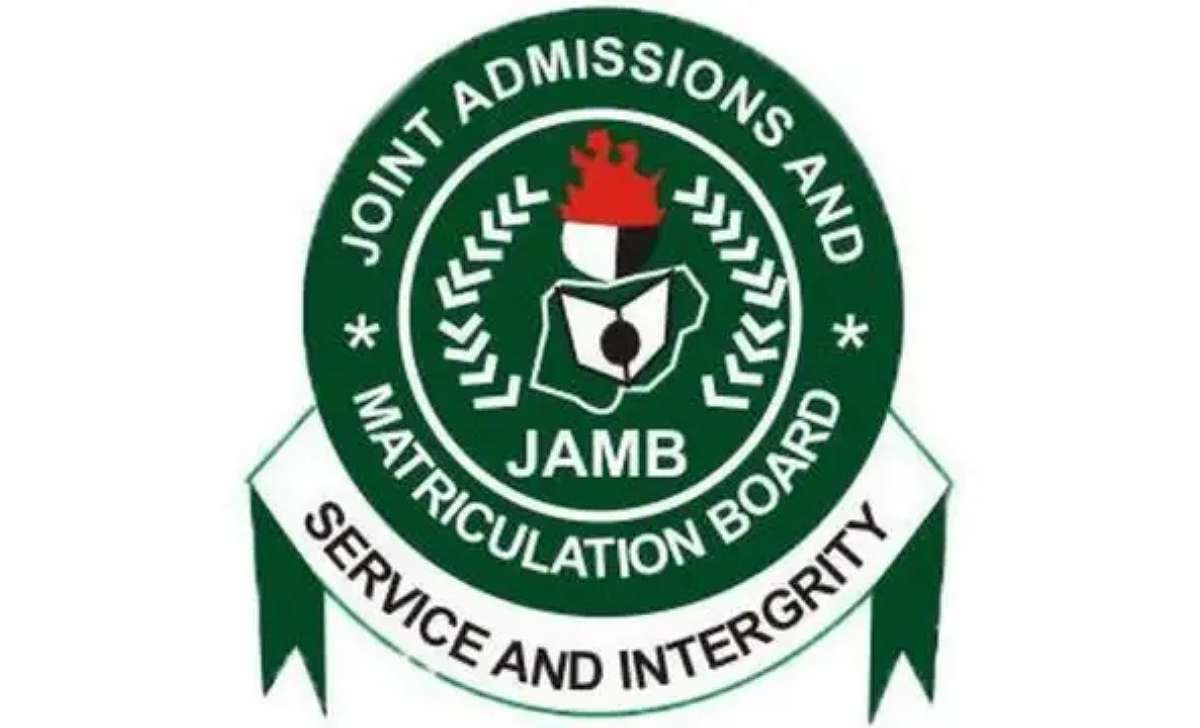The Joint Admissions and Matriculation Board (JAMB) has recommended textbooks that align with the syllabus and cover key aspects of music, from theory and history to practical skills and performance. This article provides a detailed list of these textbooks and tips on how to use them effectively.
Why Are JAMB Recommended Textbooks Important?
JAMB-recommended textbooks are carefully selected to cover the entire syllabus, ensuring you focus on the right materials.
These books not only provide explanations of complex topics but also include practice questions, examples, and activities to test your understanding.
Following the recommended textbooks ensures you don’t miss out on any vital areas of study.
List of JAMB Recommended Textbooks for Music
1. Foundation of Nigerian Traditional Music by S. E. Akpabot
This book is an essential resource for understanding Nigeria’s rich traditional music heritage. It explains the origins, significance, and evolution of traditional music in Nigeria.
- What You’ll Learn:
- Nigerian traditional musical instruments and their uses.
- The cultural roles of music in Nigerian communities.
- Key characteristics of indigenous music.
- Study Tip: Focus on the descriptions of instruments and their cultural significance. This is a common area JAMB loves to test in the exam.
2. Rudiments and Theory of Music by the Associated Board of the Royal Schools of Music
This textbook is a must-have for understanding the technical side of music, including theory, notation, scales, and chords.
- What You’ll Learn:
- How to read musical notes.
- Major and minor scales, intervals, and chords.
- Rhythmic patterns and time signatures.
- Study Tip: Practice writing scales and identifying chords. Use flashcards for quick revision of key concepts.
3. The Form of Music by W. Cole
This book dives deep into music composition and structure. It explains the different musical forms like binary, ternary, sonata, and rondo forms.
- What You’ll Learn:
- How to identify and analyze musical forms.
- Examples of compositions that use these forms.
- Differences between Western and African musical structures.
- Study Tip: Listen to classical music pieces and try to identify the form being used. This will help you understand the concepts better.
4. Nigerian Musical Instruments by W. W. C. Echezona
This textbook explores the diverse musical instruments found across Nigeria, from their construction to how they are played.
- What You’ll Learn:
- Classification of Nigerian musical instruments.
- Detailed descriptions of traditional instruments like the talking drum, udu, and xylophone.
- The roles of instruments in Nigerian traditional music.
- Study Tip: Watch videos of live performances featuring these instruments to visualize how they are played.
5. Choir Training and Choral Conducting for Africans by Laz Ekwueme
This book is specifically tailored to the African context of choral music. It explains how to train a choir, conduct performances, and interpret African choral works.
- What You’ll Learn:
- Techniques for training choirs and voice classification.
- Basic conducting gestures and patterns.
- How to arrange and perform African choral music.
- Study Tip: Join a choir or observe choral practices to gain practical experience alongside your reading.
6. An ABC of Music by Imogen Holst
This beginner-friendly book introduces you to the fundamentals of music theory and practice.
- What You’ll Learn:
- Basic musical notation.
- Introduction to scales, keys, and modes.
- Overview of different musical instruments.
- Study Tip: Use this book to solidify your basics before moving on to more advanced topics.
7. Instruments of the Orchestra by H. Hosier
This textbook focuses on Western musical instruments, their roles in an orchestra, and their history.
- What You’ll Learn:
- Detailed descriptions of orchestral instruments.
- The role of instruments like the violin, cello, trumpet, and flute in an orchestra.
- Famous compositions showcasing specific instruments.
- Study Tip: Listen to orchestral performances online and try to identify the instruments being played.
How to Use These Books for Maximum Success
- Follow the JAMB Syllabus: Cross-check the topics in the syllabus with the table of contents in these textbooks to ensure you cover everything.
- Create a Study Plan: Allocate specific days or weeks to each textbook, focusing on key areas where you need improvement.
- Practice Past Questions: Many of these books include past questions or examples that mirror the JAMB exam format.
- Join a Study Group: Discussing topics with others can help you understand concepts better and retain information.
- Supplement with Online Resources: While these books are great, you can also find videos, tutorials, and quizzes online to reinforce your learning.
Can I Pass JAMB Music Without Reading the Recommended Textbooks?
While it’s possible to pass by studying other materials, the recommended textbooks align perfectly with the syllabus. Using them gives you an edge.
Are These Books Available Online?
Yes, many of these books are available in bookstores and online platforms like Amazon, Jumia, or Konga. Some might also have PDF versions.
What Are the Most Tested Topics in JAMB Music?
JAMB often focuses on:
- Nigerian traditional music.
- Basic music theory.
- Musical forms and structures.
- Western classical music.
